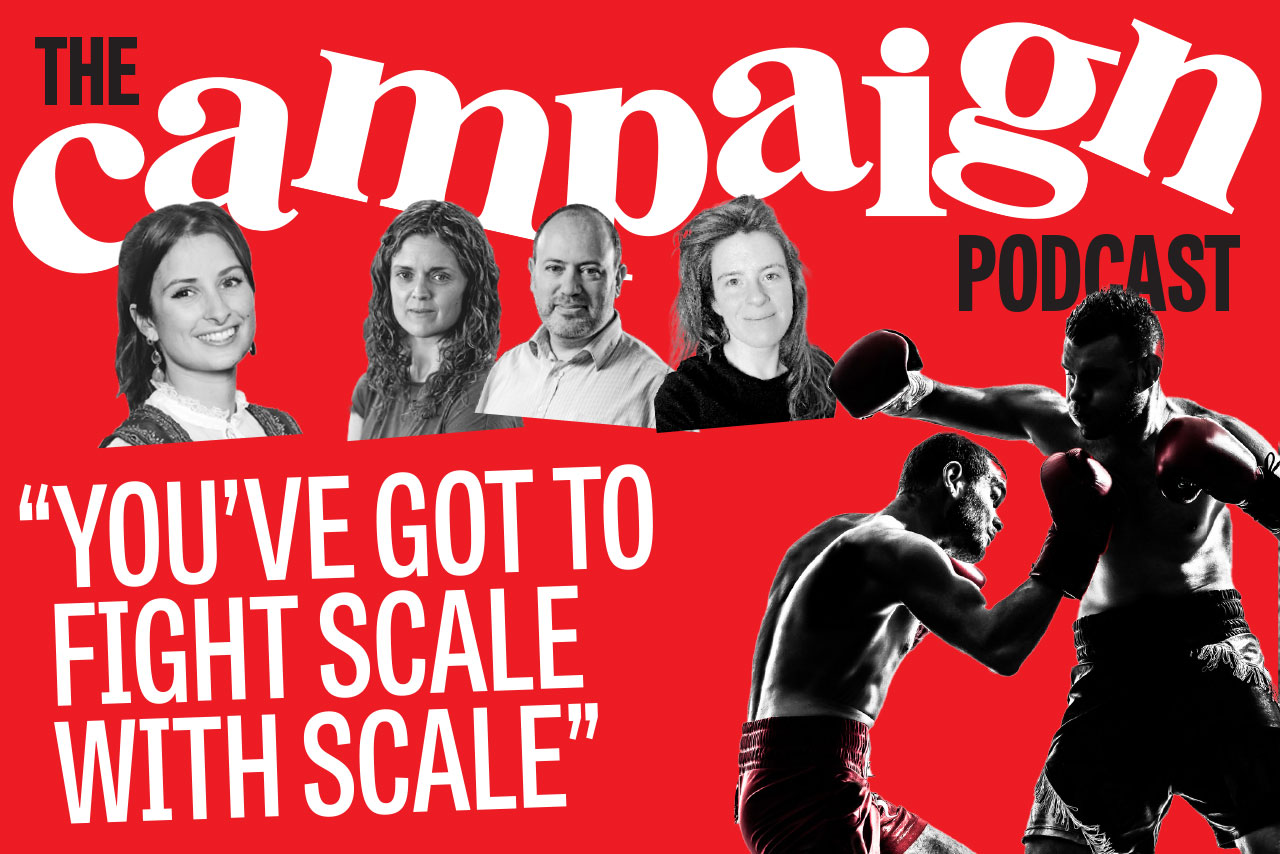Brands are looking for more "meaningful media" and moving away from Meta, the Campaign Year Ahead Breakfast Briefing was told.
During a lively and wide-ranging discussion, AJ Coyne, vice-president of marketing at Monzo, Katie Jackson, chief marketing officer at Channel 4, and Charlotte Ford, marketing director at Ruggable were asked for their thoughts on the recent news that Meta was to abandon its third-party moderator policy.
Both Coyne and Ford said that their respective brands were already looking to downscale their presence on Meta platforms. “I think brands are struggling to get off that Meta drug when it comes to performance marketing. We are migrating on to more meaningful media where there is better dwell time to drive stronger messages,” Coyne said.
Ford concurred. “Facebook has basically become a community noticeboard,” she said. “I don’t think it’s a really meaningful place where people consume media in a high-attention format. We’re making an active decision to move budget away from Facebook significantly.”
Jackson discussed Channel 4’s reaction campaign, turned around within 24 hours of the announcement and featuring an ad van driving past Meta’s London head offices and the Houses of Parliament, emblazoned with the message “We fact check the Zuck out of our news” (the phrase also appeared in ads in various Saturday newspapers).
“At Channel 4 we really pride ourselves on the quality of our journalism,” Jackson explained.
The challenge for a brand like Ruggable, Ford added, was that it needs to not just be credible, but also desirable. A change of focus, from social-first to more mainstream media will be key. “Forty per cent of our budget will be spent on above-the-line this year,” she explained. “It’s a lot easier to localise a brand in a 30-second TV ad.”
Monzo too would be looking to increase its above-the-line activity throughout 2025 in the hope of reaching a wider audience and with an increase in budgets to match. And Jackson? “I think it would probably be difficult to have our budgets go down,” she replied to laughter, referring to the ongoing challenge of reduced adspend in the UK.
Looking at issues around uncertainty in the wider world and what that means in particular for the consumer, Coyne said that many were now living outside of their comfort zones: “We can’t gloss over the situation that people are in and brands really have a responsibility to lean into that.”
The big danger is to be seen as out of touch. For Coyne, key to avoiding that dreaded pitfall is to be useful: “If consumers have got problems, understand them and don’t just provide the answer, but provide the utility.”
Jackson took up the theme of the critical importance of staying ahead of the curve, or at least knowing where and what the curve is. “When I think about 16- to 24-[year-olds] in this country at the moment, I think they’re the loneliest generation,” she explained.
“Finding ways of engaging with them and to meet them where they are is probably something that Channel 4 has a legal responsibility for doing, given that our remit is to create change through entertainment. So for us, we try and think about relevance and representation and authenticity.”
Ford agreed. “Consumers can smell bullshit,” she said, referring to how a brand can very quickly be called out and rejected if they make a wrong move when attempting to be authentic.
“We have much less of an awareness issue, I think what we have is a meaning and relevance problem,” Jackson added. “I don’t think you build brand through brand campaigns. You build brands through every single touchpoint and every single piece of activity and every single piece of communication that you put out to the world.”
Lastly, talk returned to tech. Asked about AI, Coyne enthused about its potential as a tool, one that can do the heavy lifting, admin-wise, rather than drive creativity: “You should never see it; it should be something in the background that enables your team to move on and be quicker and more efficient.”
Ford agreed, but had some other concerns. “If you ask it a creative question, it’s not generating anything that’s new, it’s generating stuff that already exists,” she said. “Also I know how inefficient ChatGPT is from a carbon-neutral perspective, so I try and minimise how much I use it.”

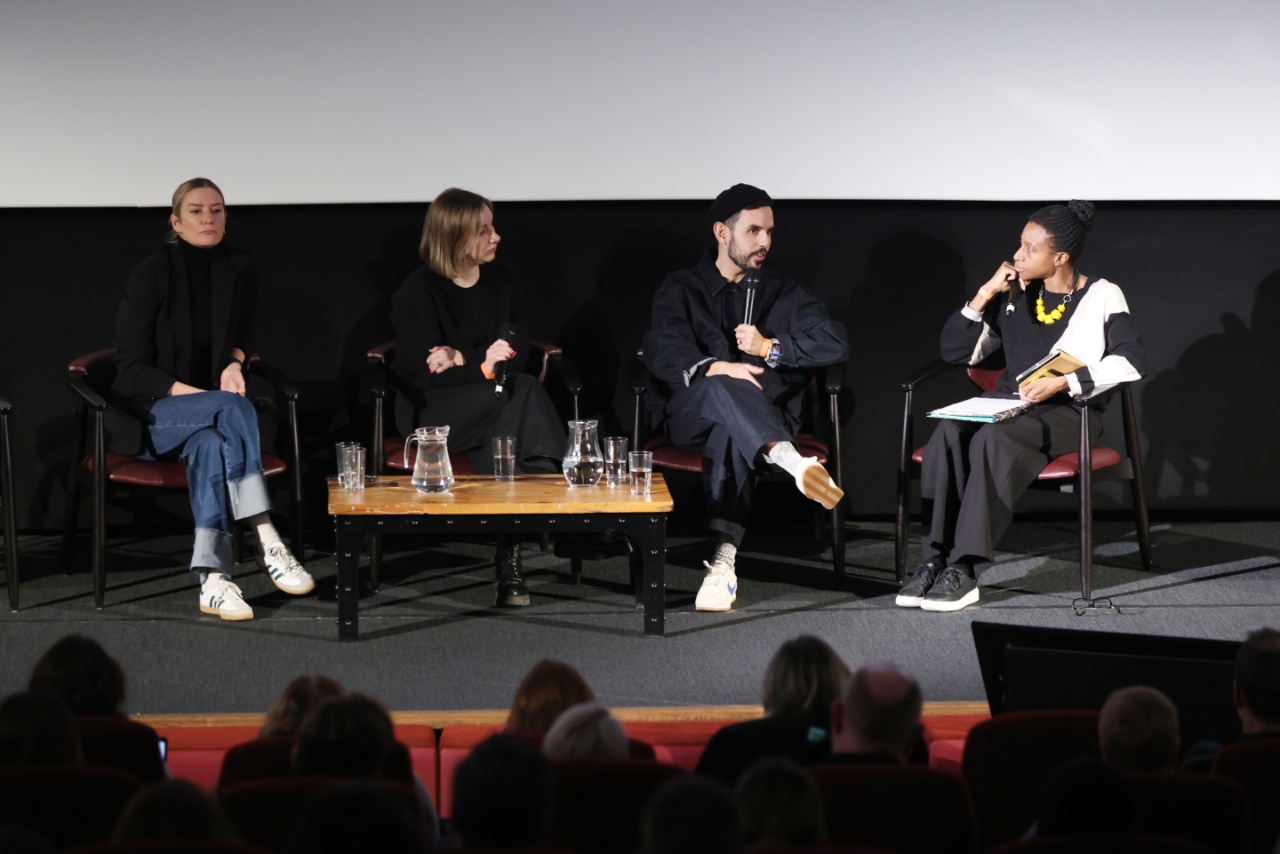
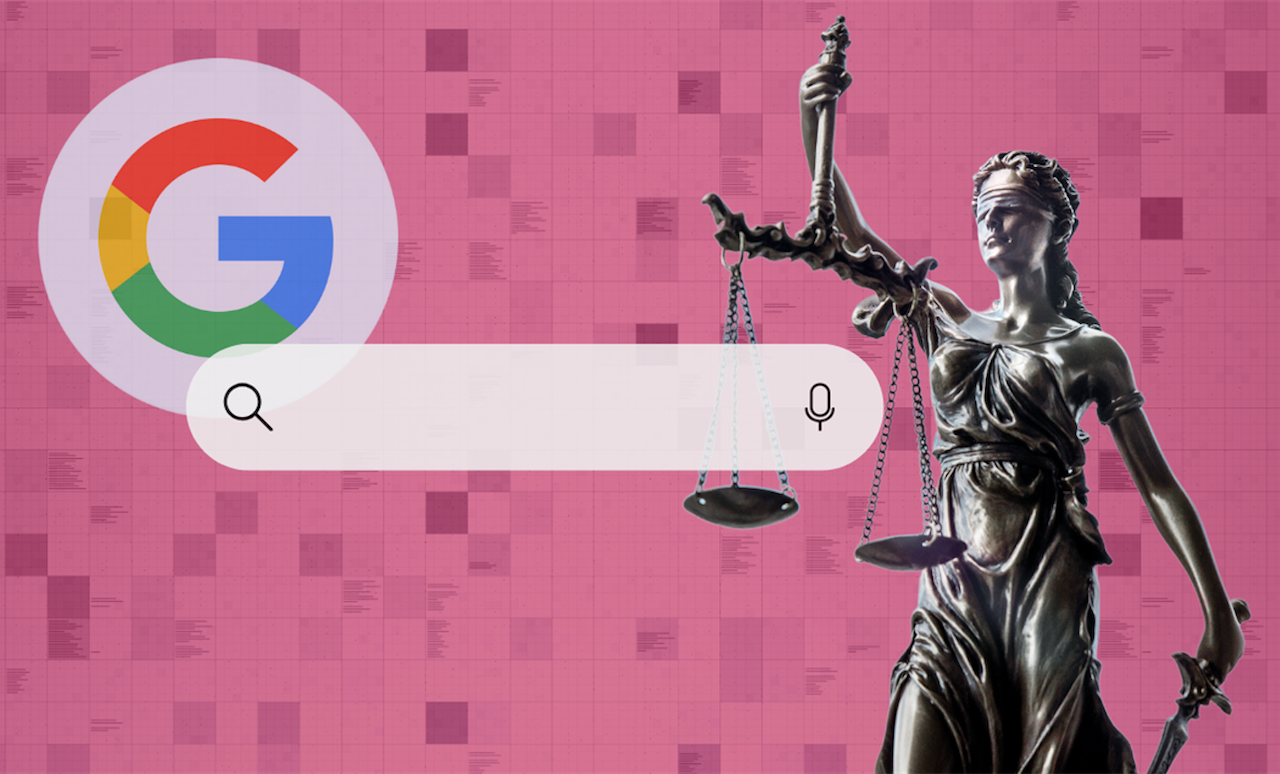
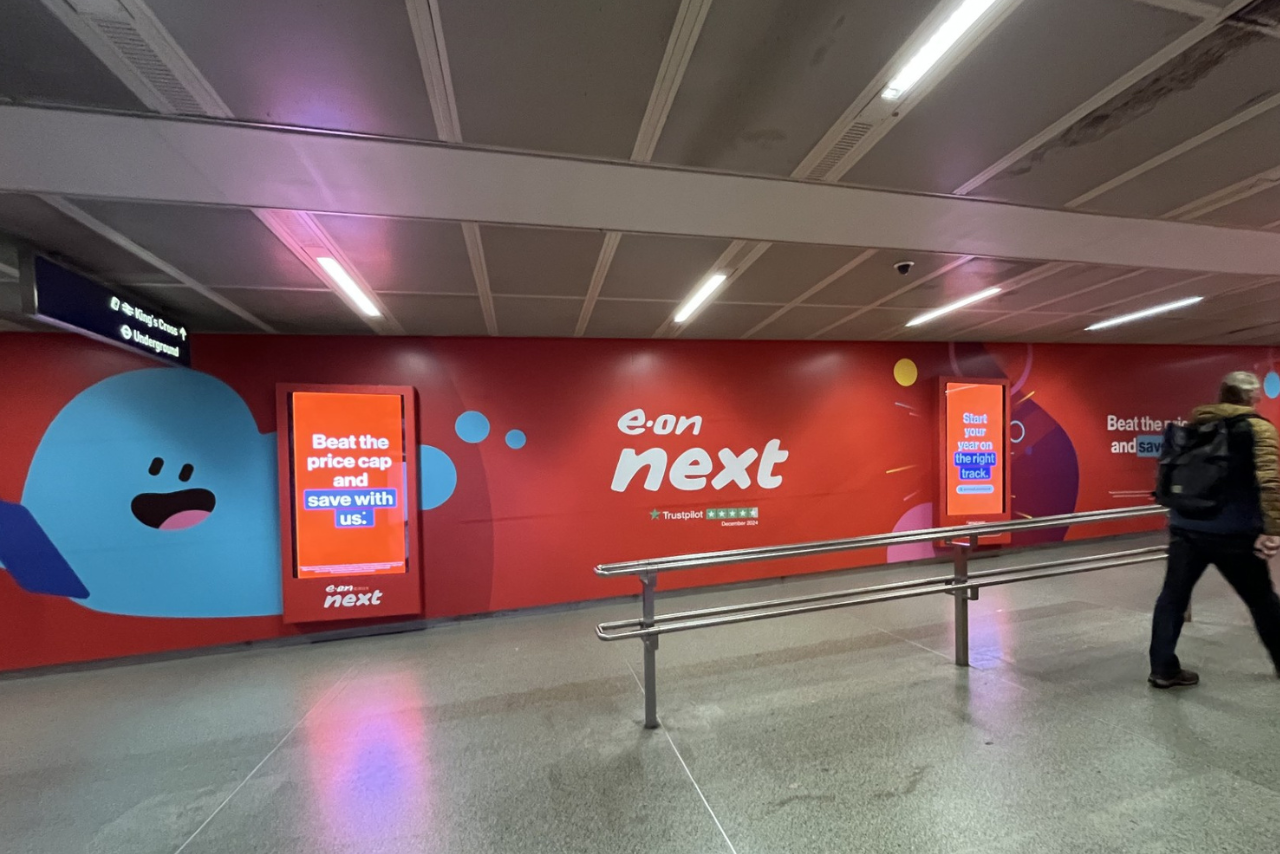
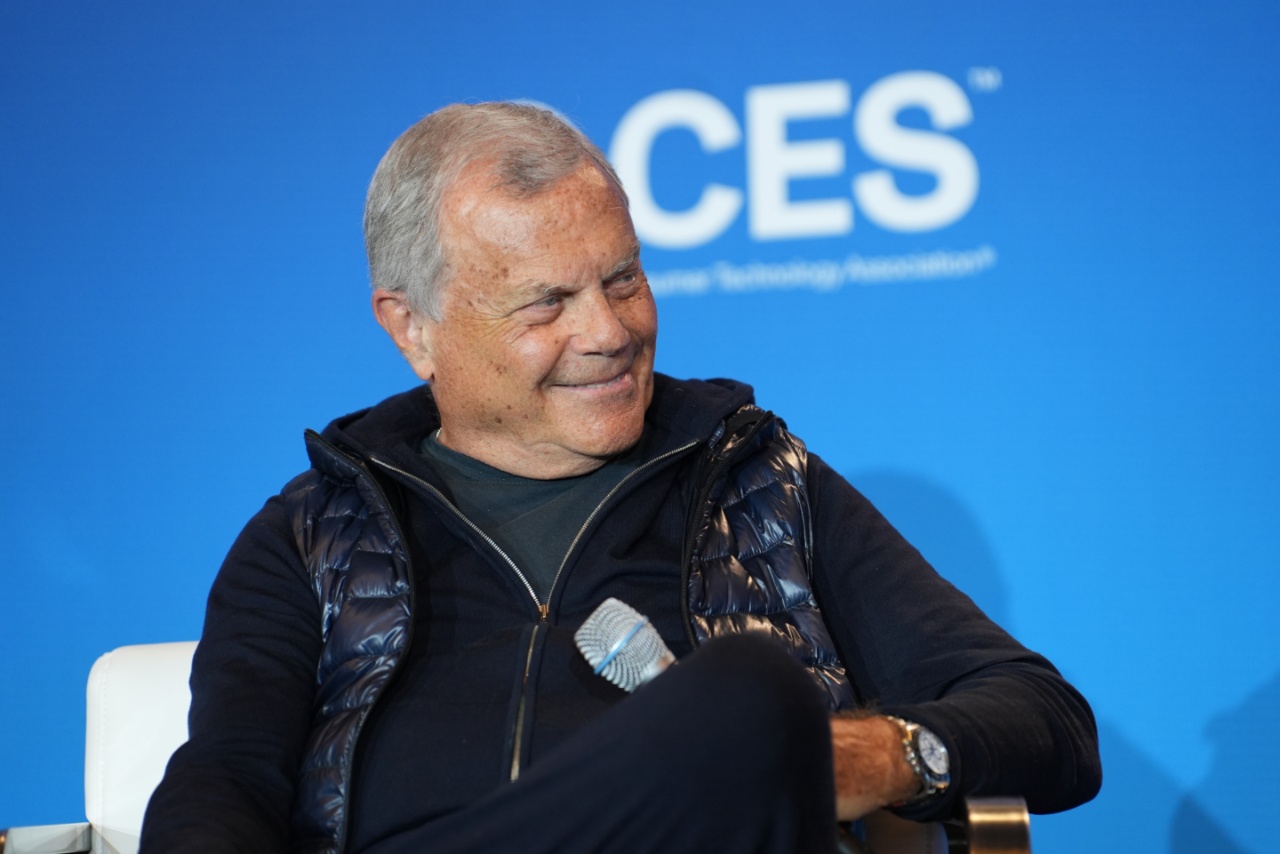
.png)
